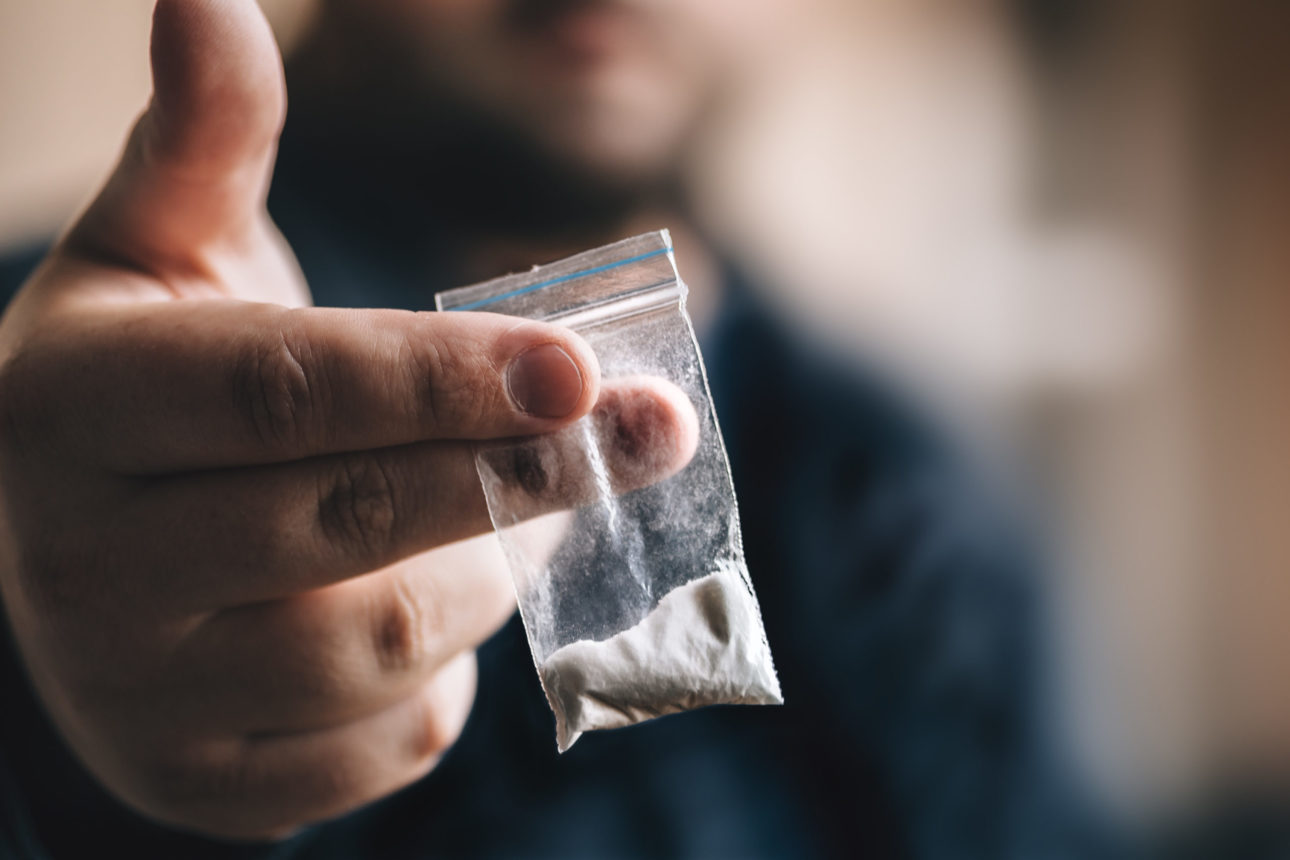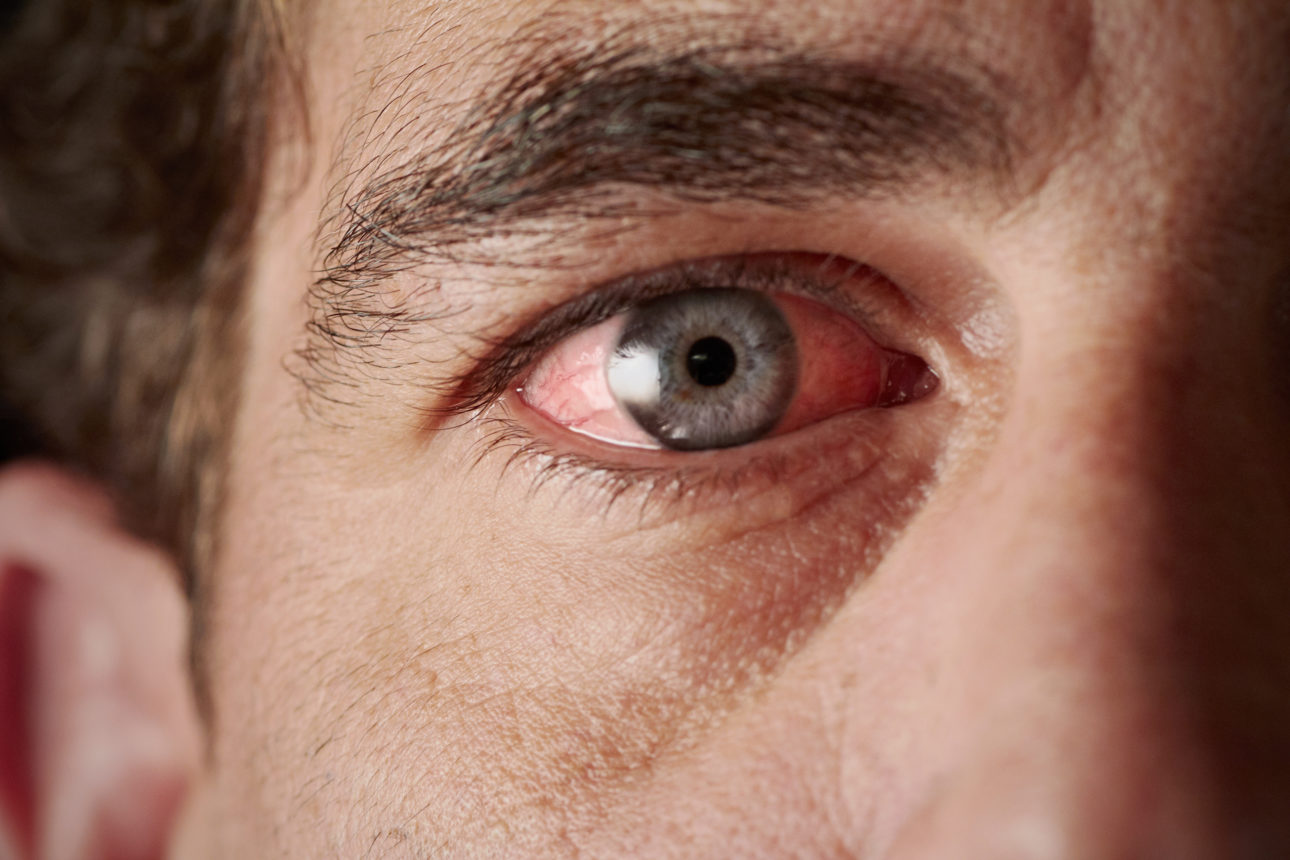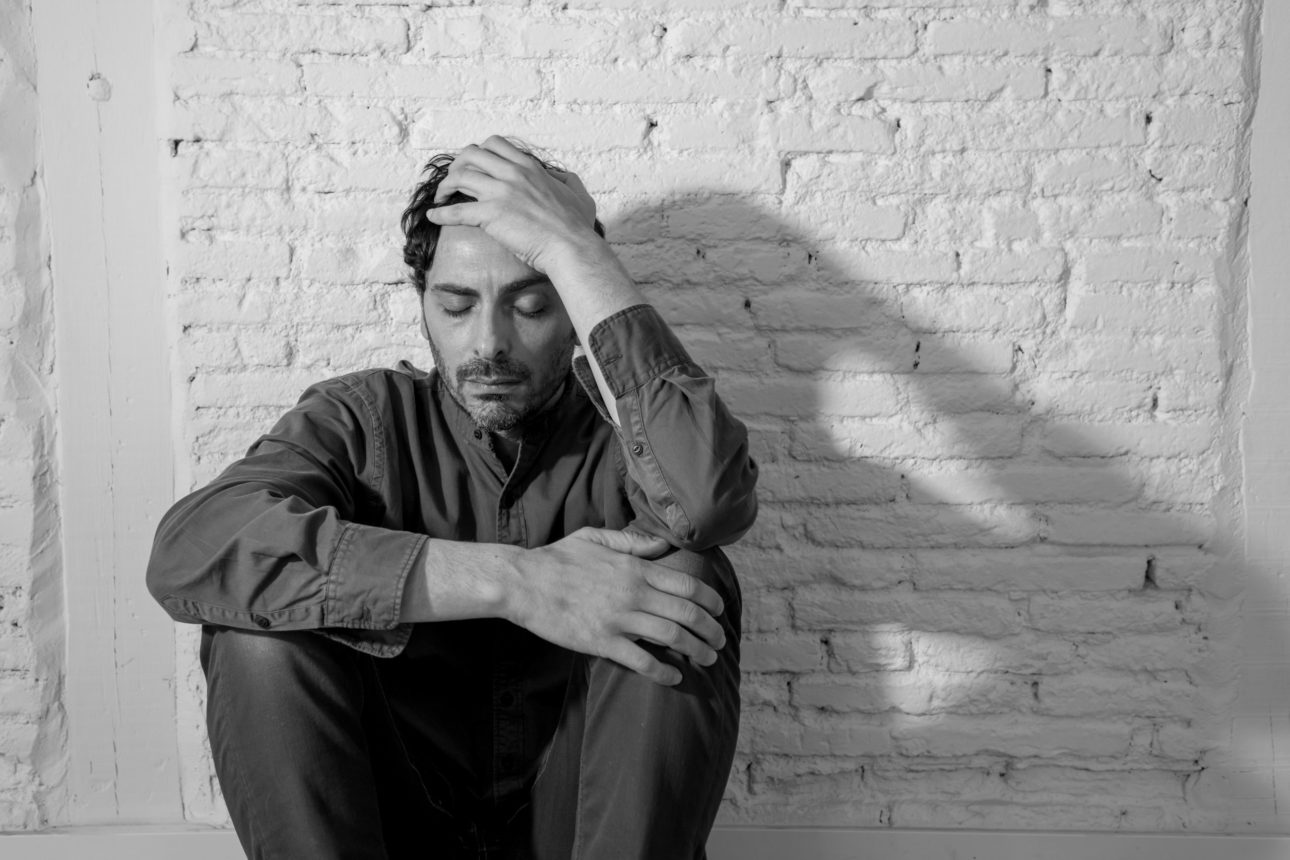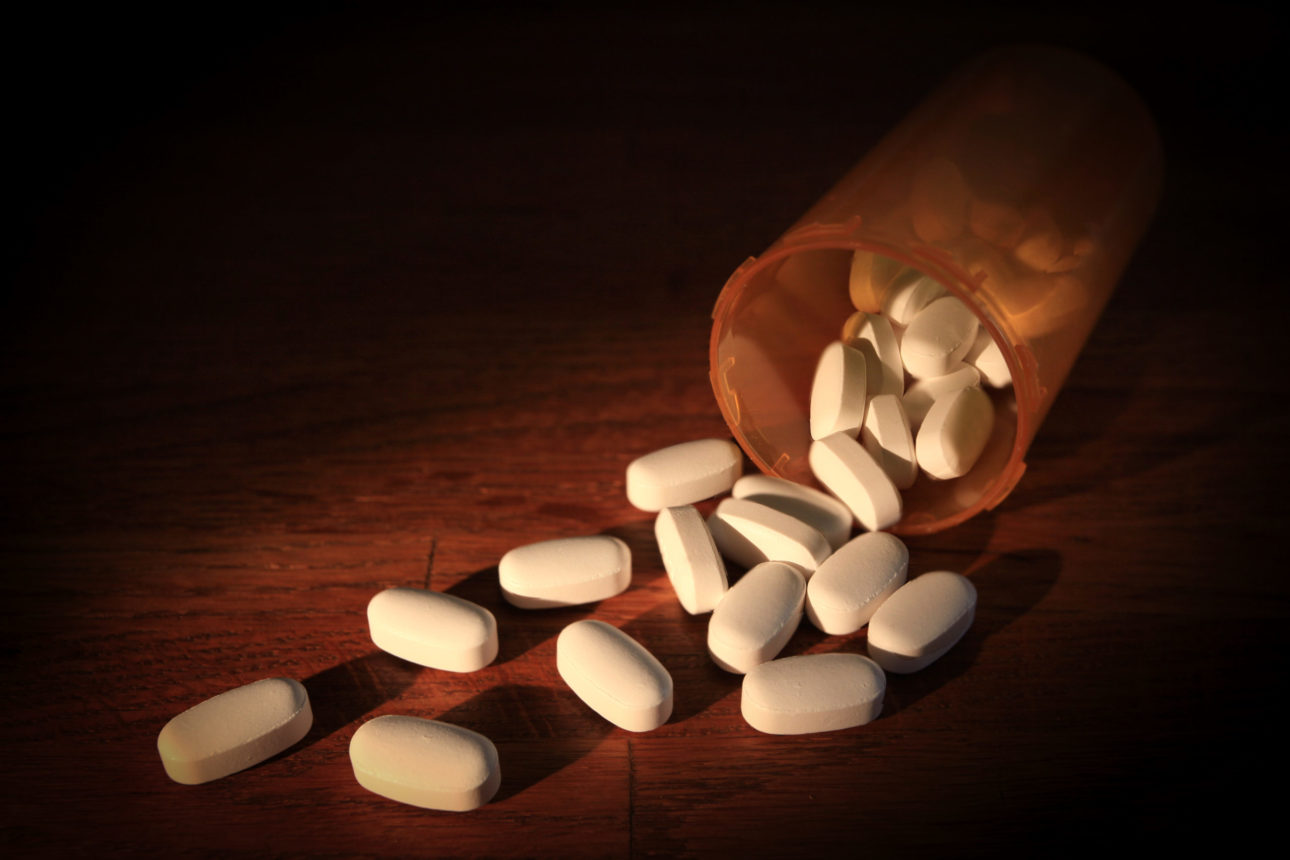For years, there was a stigma surrounding mental health issues such as drug abuse and addiction. Thankfully, that stigma is starting to fade. Now, there is a new attitude surrounding addiction and the treatment of those who suffer from it. This includes the development of effective drug rehab programs that specialize in addiction. At the same time, some people might be nervous about starting the drug rehab process, particularly when it involves an extended stay. Fortunately, there are plenty of people who are willing to lend a helping hand to those in need. Before enrolling in a drug rehab program, there are a few important points to keep in mind. Understanding some of the information below will help individuals and their families prepare for the road to recovery that is ahead. With the right preparation, everyone will be able to get the most out of their stint in drug rehab.
What is Drug Rehab?
First, it is important for everyone to understand what drug rehab is and what it entails. It is important for people to know that the stay in drug rehab can vary from person to person. Some people might be there for a few weeks while other people might end up staying for a few months. The exact length of rehab will depend on someone’s progress as well as their insurance and financial statuses. The nice thing about drug rehab is that it can be tailored to meet the individual needs of the person. There are lots of different groups and therapies that might be used to help someone during his or her stay in rehab.
For example, some people might start off with one on one sessions with a professional counselor. This is a great way for someone to understand exactly what drove them to drug abuse and addiction in the first place. Understanding the root cause of the issue can help someone get started on the road to recovery.
Then, that person might start participating in some group sessions. This is a great way for people to learn that they are not alone. There are lots of other people who have gone through similar circumstances. This is a chance for people to learn more about other people and discover ways to tackle drug abuse and addiction. Individual therapies will be employed to help people recover in a more efficient manner.
Who Needs To Go to Rehab?
One of the most common questions involves who exactly needs to go to rehab. The good news is that a drug rehab is a great option for anyone who suffers from drug abuse and addiction and would like the help of trained professionals. Of course, some people might need to go to rehab more urgently than others.
- First, anyone whose addiction has placed them in the hospital should strongly consider going to rehab. This is a sign that someone is losing control of his or her addiction and is placing themselves and others in harm’s way.
- Second, those who are having trouble maintaining employment should also consider going to rehab. This can help someone make sure they maintain their professional relationships and can hold down a job in the future.
- Finally, anyone who is losing control and/or sabotaging his or her personal relationships should also go to rehab. This will help someone refocus his or her priorities on what matters most.
What To Expect In Drug Rehab
When someone arrives in rehab, there are a few different things that people should expect. First, everyone should be expected to be treated with the care and compassion they deserve. There are trained professionals who are there to provide expert care without reservations or judgment. People should be expected to be treated as people and not as a disease.
Next, people should expect that rehab is going to be a challenge. If breaking an addiction was easy, drug rehab wouldn’t be needed. Therefore, people shouldn’t expect to shy away from this challenge. They should be ready to meet it head-on with the assistance of those around them.
Finally, everyone at rehab should expect to get better. There are professionals who are willing to lend a helping hand to those in need. With the help of others, everyone has a chance to overcome their addiction through addiction treatment.
Let Us Help You Today
At Soba Recovery, we are a luxury detox and drug rehab program with locations in Mesa, AZ, and San Antonio, TX. Our professionals are always here to help individuals and families beat drug abuse and addiction. We blend traditional, proven therapies with an innovative approach to make sure that we can address everyone’s needs. If you would like to learn more about our services, please contact us today. We would be honored to help you beat addiction and regain control of your life.




 The reason why many people with depression turn to opioid substances is because of the chemical Dopamine that is released when the
The reason why many people with depression turn to opioid substances is because of the chemical Dopamine that is released when the 






